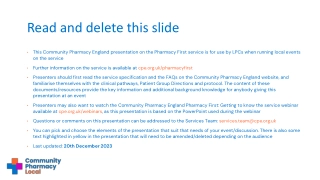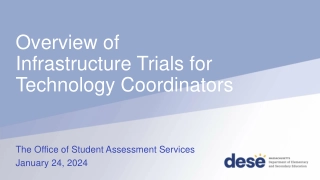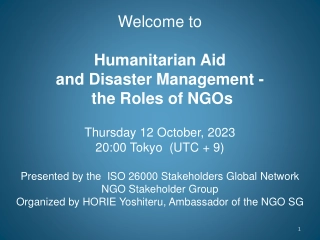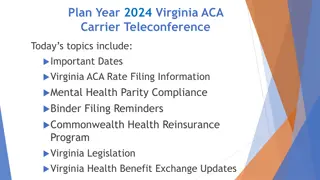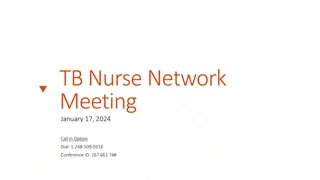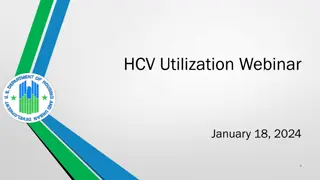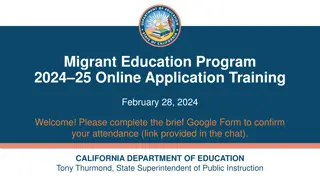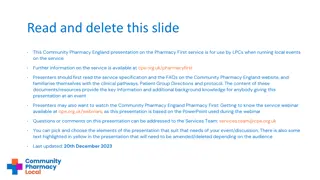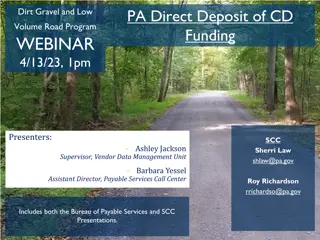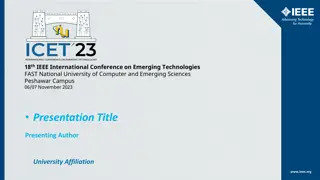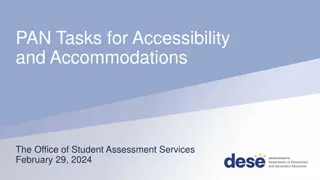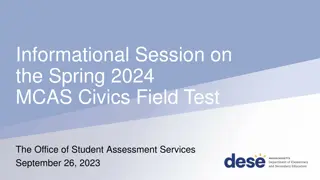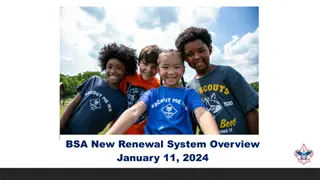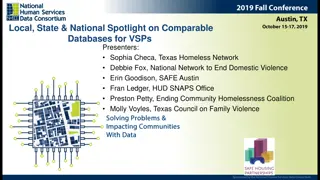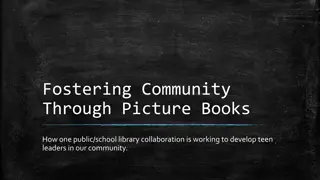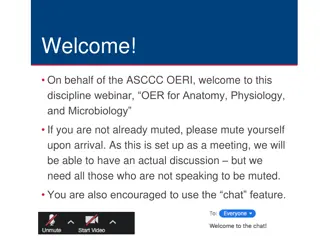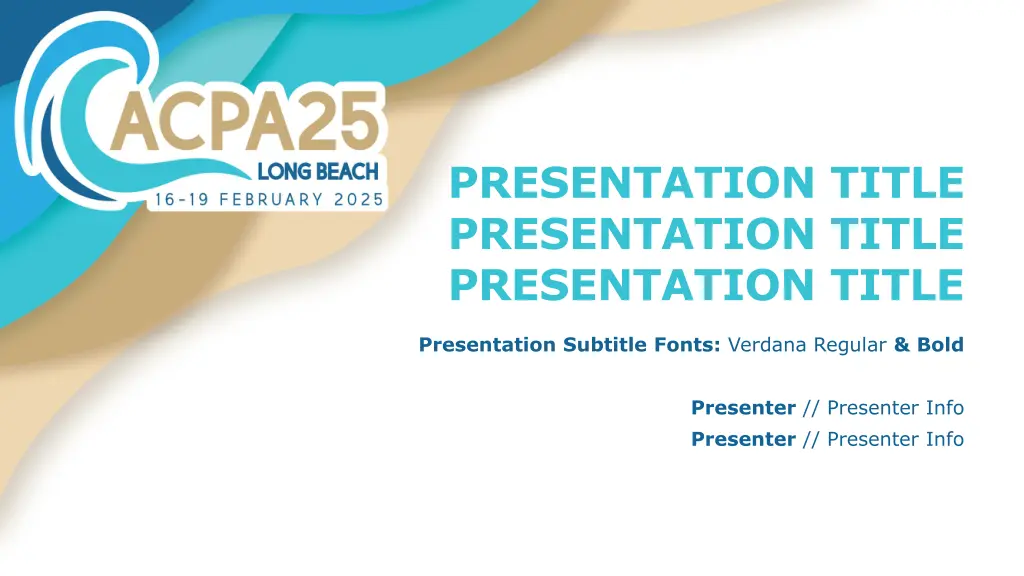
Decolonizing Practices in Higher Education: ACPA Convention Insights
Explore the significance of land acknowledgements, inclusive language, and decolonization practices in higher education as discussed at the ACPA Convention. Gain valuable insights on honoring indigenous lands, utilizing inclusive language, and supporting diversity in educational settings for a more equitable future.
Download Presentation

Please find below an Image/Link to download the presentation.
The content on the website is provided AS IS for your information and personal use only. It may not be sold, licensed, or shared on other websites without obtaining consent from the author. If you encounter any issues during the download, it is possible that the publisher has removed the file from their server.
You are allowed to download the files provided on this website for personal or commercial use, subject to the condition that they are used lawfully. All files are the property of their respective owners.
The content on the website is provided AS IS for your information and personal use only. It may not be sold, licensed, or shared on other websites without obtaining consent from the author.
E N D
Presentation Transcript
PRESENTATION TITLE PRESENTATION TITLE PRESENTATION TITLE Presentation Subtitle Fonts: Verdana Regular & Bold Presenter // Presenter Info Presenter // Presenter Info
LAND ACKNOWLEDGEMENT ACPA College Student Educators International acknowledges, with respect, that the land on which our ACPA25 Convention is taking place is part of the traditional unceded homelands of the Tongva/Gabrielen o, the Acjachemen/Juanen o, and the Toongvetam peoples as well as a significant place of cultural knowledge and sacred teachings for many other tribes. This land, called Tovaangar, is home to Puvungna, the gathering place, the place of emergence in the origin traditions of the Tongva and Acjachemen peoples. We recognize that that Puvungna is sacred land of extraordinary cultural significance that continues to serve as an active ceremonial ground today. We acknowledge that Puvungna, and the entirety of Tovaangar, remains unceded and unjustly occupied. As visitors to Tovaangar, we affirm our responsibility to listen, to learn, and to work for justice in this land. Beyond acknowledging the land and in recognition of the impacts of historical and ongoing settler colonialism, including that perpetuated by North American institutions of higher education, ACPA actively commits to supporting professionals in higher education in decolonizing their practice and scholarship through our mission, values, and the Strategic Imperative for Racial Justice and Decolonization.
LAND ACKNOWLEDGEMENT Presenters, please insert your prepared Land Acknowledgement here. Visit the Presenter Resources webpage on the ACPA Convention website for information and resources on preparing a Land Acknowledgement. *all content must fit in white space only
INCLUSIVE LANGUAGE ACPA provides an opportunity to discuss concepts that span a variety of audiences and contexts in higher, post-secondary, and tertiary education. As such, we ask that session participants: Recognize individual gender pronoun use Utilize contemporary and relevant language around social identities Utilize language that recognizes varying abilities and is not ableist Utilize language inclusive of diverse global contexts Utilize this space for developmental and educational support of attendees who may be unfamiliar with inclusive language practices
HEADING 1 Body Content (Verdana, 20pt, #341354) Presenters, insert your presentation here. *all content must fit in white space only the space at the bottom is reserved for captioning


